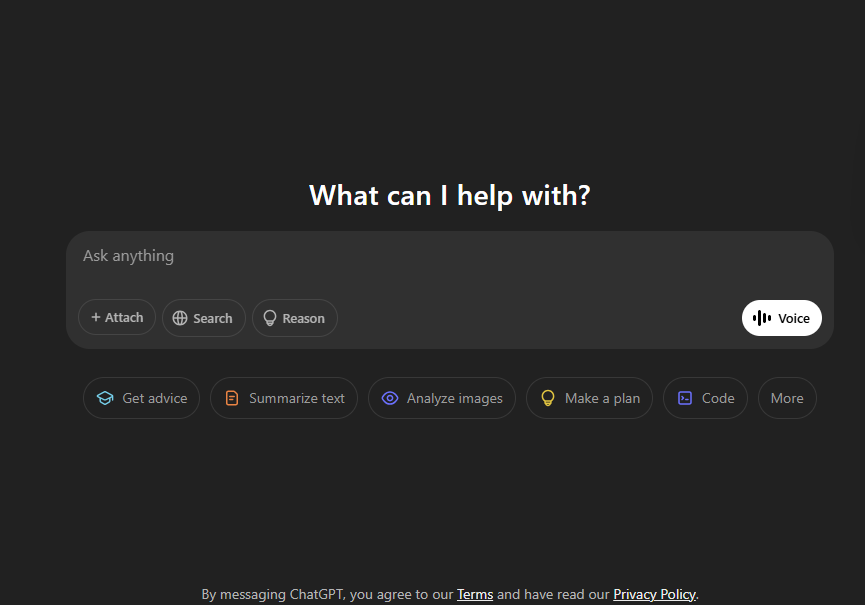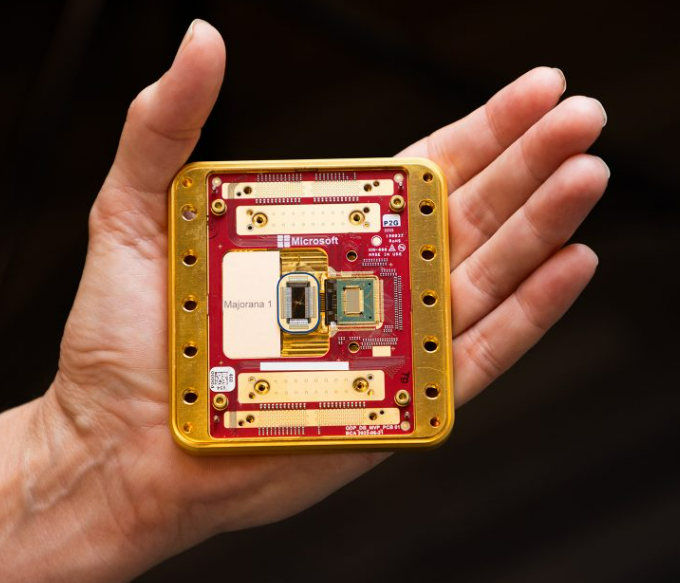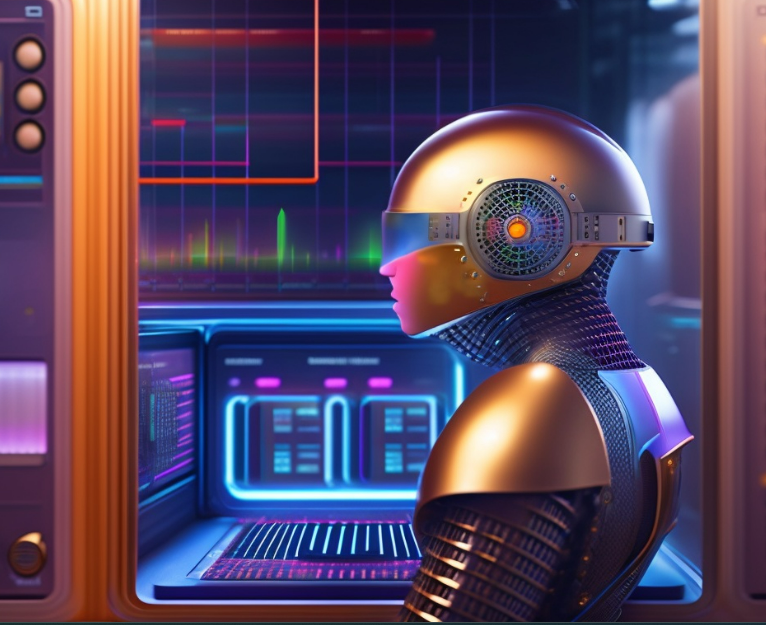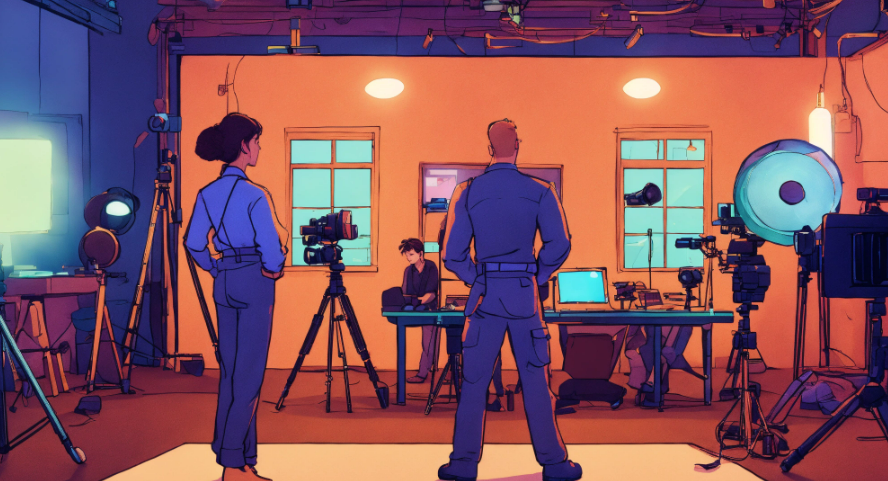Author: Satyen K Bordoloi
Satyen is an award-winning scriptwriter, journalist based in Mumbai. He loves to let his pen roam the intersection of artificial intelligence, consciousness, and quantum mechanics. His written words have appeared in many Indian and foreign publications.
SEO ruled the internet for 25 years. But in 2024, AI marked the beginning of its retirement with AIO: Artificial Intelligence Optimization finds Satyen K. Bordoloi. The 1990s internet was characterised by dial-up screeches, websites with glittery Comic Sans fonts, and search engines like AskJeeves that struggled to find a coffee shop inside a coffee shop. Back then, “standing out” online involved using underhanded tactics such as keyword stuffing—hiding keywords like “Andheri gym” 50 times in invisible text. This trick worked until Google introduced its PageRank algorithm and declared war on spam. With it was truly born the field of…
A recent AI communications demo went viral for all the wrong reasons—it stoked fears of an apocalypse… again. Satyen K. Bordoloi digs into why we can’t seem to quit our AI doomsday obsession. If the medieval world had the plague, the 21st century has AI phobia—as viral, and as dangerous. Every time AI takes a step forward, the world screams: The machines are coming for us! The latest victim is a simple product demo video released at the end of February sent the internet into a tailspin, with people convinced—once again—that AI was plotting humanity’s downfall behind our backs. https://www.youtube.com/watch?v=EtNagNezo8w…
Beyond doomsday fantasies, Satyen K. Bordoloi finds that the jaw-dropping truth about AI is stranger—and more hopeful—than anyone dared imagine. London, February 2025. The lab at the Imperial College hummed with the faint buzz of dormant machines. Professor José R. Penadés slumped over his desk, surrounded by stacks of paper and half-empty coffee cups. For a decade, his team had chased a ghost: How do superbugs spread antibiotic resistance like wildfire? They finally had the answer. So, they decided to give Co-Scientist, Google’s new AI tool they had been testing, a try. They fed the system the data. Forty-eight hours…
Behind OpenAI’s plan to fabricate their own chips, lies a deeper story rife with ambitions and coups, says Satyen K. Bordoloi Reuters dropped a bombshell in February: OpenAI is diving into chip development. At first glance, this seems like a no-brainer. NVIDIA, the company that designs the chips powering the AI revolution (not to be confused with TSMC, which actually manufactures them), recently became the world’s most valuable company. So, of course, OpenAI wants a piece of that pie. But while the surface-level reasoning is clear, there’s a lot more going on beneath the hood. OpenAI’s Chip Ambitions: OpenAI is…
After Google’s Willow comes Microsoft’s Majorana 1, promising more fantastical quantum computing ahead. But does the reality live up to the hype? Satyen K. Bordoloi investigates. So far, we could only say that about AI, but since last year, even quantum computing has been moving at a pace that’s hard for anyone to keep up with. Google’s announcement about its Willow chip was barely a few months ago, and hot on its heels comes Microsoft with Majorana 1, promising even more fantastical features. While the tech industry is naturally excited about this new chip—so much so that Satya Nadella is…
The next evolution of smart homes isn’t about smarts – it’s about personality, thanks to some new initiatives by companies like Apple, finds Satyen K. Bordoloi. Remember that adorable lamp hopping over Pixar’s logo? Apple just turned that bouncing bundle of curiosity into reality! While we were busy teaching our smart lights and fridges to connect to the internet, Apple was cooking up something far more delicious – they’re teaching our home gadgets to have actual personalities. And they’re hardly the only ones. This is 2025, where your lamp doesn’t just light up your room – it’ll try to brighten…
A recent study confirms what should have been common sense – effective AI needs natural intelligence. Satyen K. Bordoloi explains how this finding reinforces AI’s role as a powerful tool. We all have a friend who bought an expensive DSLR camera, thinking it would automatically make them the next Annie Leibovitz. Or that uncle who purchased a top-of-the-line gaming PC only to use it for sending emails? Well, turns out the same principle applies to artificial intelligence – all the computing power in the world won’t help if you don’t know what you’re doing. A groundbreaking study by Aidan Toner-Rodgers…
A recent controversy about AI use for a Marvel poster underscores the real problem: it isn’t about AI use in movies, but our refusal to accept it, writes Satyen K. Bordoloi. Remember when your grandpa used to say, “Back in my day, we did things the real way”? Here we are in 2025, and having the same conversation about AI – just that the grandpas, in this case, are not baby boomers or Gen X but millennials and even Gen Z. Oh, how we love getting worked up about anything that’s ‘back in the days.’ https://twitter.com/FantasticFour/status/1886765551722136010 The moment Marvel released…
The rise of DeepSeek-type AI is giving the Global South something more valuable than oil or minerals: access to cheap external intelligence. This could herald a new world order, writes Satyen K. Bordoloi. Over the last month and a half, I’ve been using DeepSeek; it’s become my go-to AI. Yes, it is that good. Despite this, I – or anyone else – could never predict what happened on January 27 when it sent US tech stocks on a tailspin, wiping a whopping $593 billion from NVIDIA’s value in a single day. Though it recovered in the week, the message was…
From psychics to AI, the dubious origins of the name Trump gave to his AI project portends its future, writes Satyen K. Bordoloi. In the shadowy corridors of Cold War-era America, where espionage and secrecy trumped diplomacy, the U.S. government embarked on a bizarre mission that seems straight out of a dystopian science fiction novel. The Stargate Project was a clandestine program launched in the 1970s by the CIA and the Defense Intelligence Agency (DIA). Its aim? To harness the power of psychic phenomena—remote viewing, telepathy, and clairvoyance—to gain an edge over the Soviet Union. Picture this: a group of…












